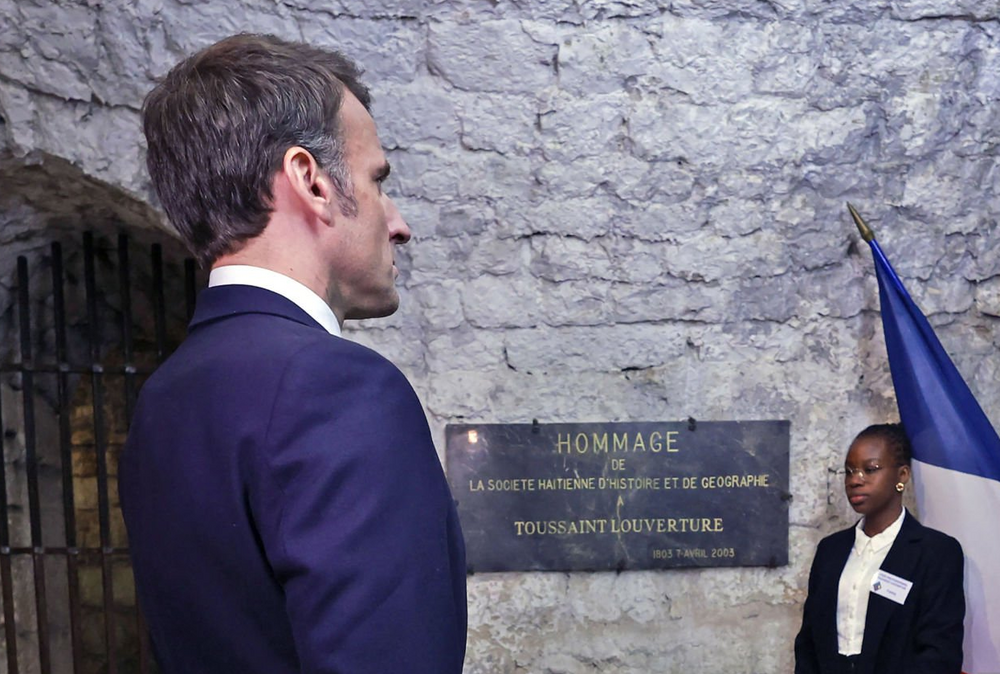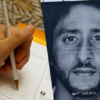
FRANCE’S HIGHEST court has rejected a request for reparations by groups in the Caribbean island of Martinique.
The request came from three groups, who were seeking reparations for slavery on the French Caribbean island – which is part of the Lesser Antilles.
The court said the decision to reject the request was because none of the individuals produced evidence which showed they had “suffered individually” by what their ancestors had been through.
A lawyer representing the groups, Patrice Spinosi, blasted the court’s decision describing it as “a new missed opportunity.”
Spinosi also insisted further action would be taken and said “the fight continues.”
According to a report in the Associated Press, the lawyer said the groups would be tacking their fight to the European Court of Human Rights and would appeal the decision.
Since 2005, the International Movement for Reparations and two other groups have attempted to bring a case for reparations.
However, French courts have continuously rejected their requests.
It is estimated France shipped more than one million African people during the Transatlantic Slave Trade to parts of the Caribbean.
According to Slavery and Remembrance, the majority of those African people forced into slavery were taken to Saint-Domingue, now known as Haiti.
During the 18th century, Haiti became the most profitable colony.
Over 210,000 African people were also trafficked to Martinique and a further 73,000 were shipped to Guadeloupe.
Haiti became the world’s first Black republic and the first independent Caribbean nation, after overthrowing French colonial control between 21 August 1791 and 1 January 1804, during the Haitian Revolution.
The revolution is said to have influenced many subsequent rebellions by those enslaved across the Caribbean.
In 1848, slavery was abolished in France. Several Caribbean leaders have called for reparations from European countries in recent years, sparking a growing movement across the Caribbean.
In March 2022, the Prime Minister of Barbados Mia Mottley delivered a powerful speech in Ghana during its 65th independence celebrations calling for reparations.
A royal visit to Antigua and Barbuda by Prince Edward and Sophie, the Countess of Wessex, in 2022 was overshadowed by a letter on reparations.
In 2019, Antigua and Barbuda’s Prime Minister Gaston Browne demanded reparations from Harvard University for its historical ties to slavery in a letter to University President Lawrence S. Bacow.
Leading Jamaican politician Lisa Hanna has also urged Britain to pay reparations for its role in slavery.
In March this year, leading reparations campaigners in Grenada told its government to hold European countries “accountable” for their role in slavery.


